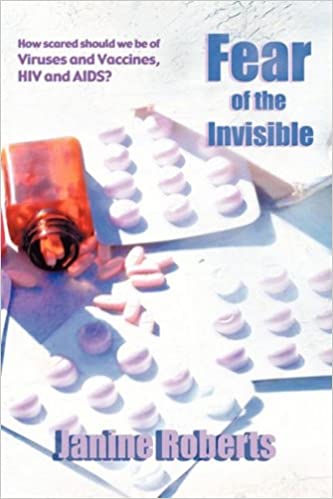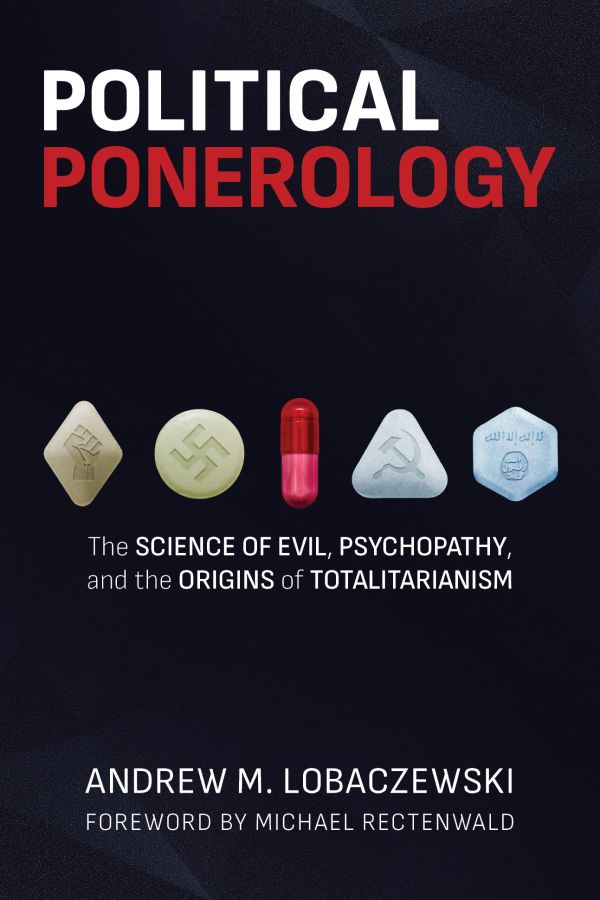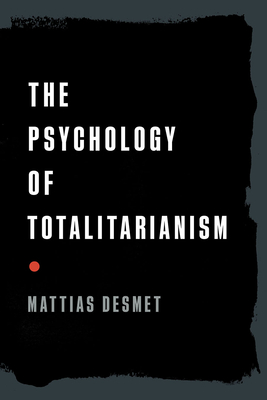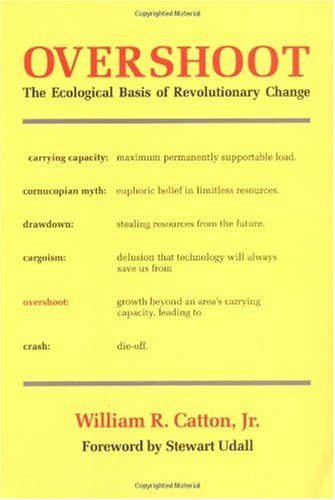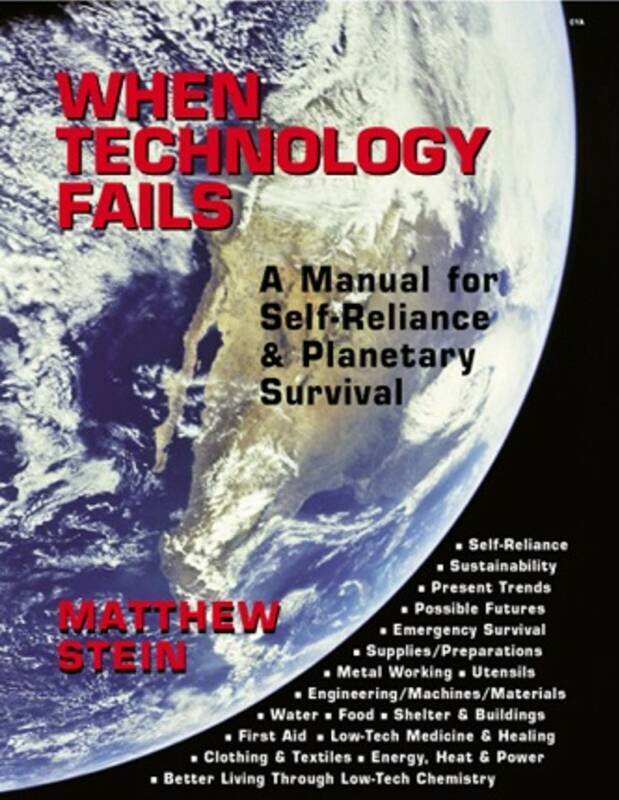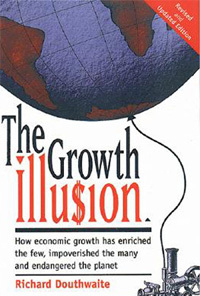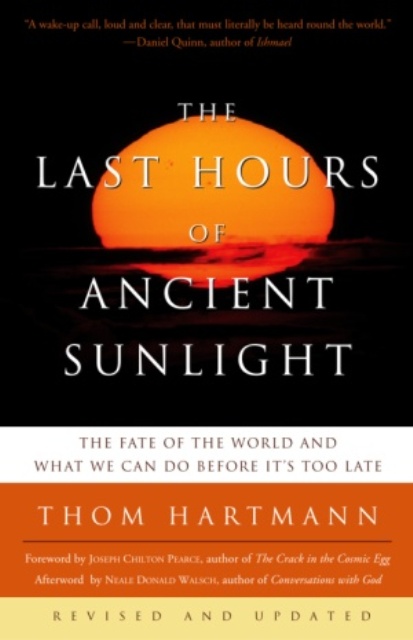The Japanese government's sales ban on black scorpionfish caught in Fukushima waters shows it lied about its nuclear contamination claims, experts said Tuesday, urging the Japanese government to face up to science, instead of confusing the public with pseudoscience to further harm human food chain and marine life.
Media reports said the Japanese government announced on Monday that a ban has been placed on black scorpionfish caught off Fukushima waters from entering markets due to the detection of excessive radioactive materials. It was the first ban since restrictions on seafood sales in Fukushima waters were completely lifted last February in Japan.
About 270 becquerels of radioactive cesium was detected per kilogram of a black scorpionfish caught at a depth of 37 meters, 13 kilometers from Minamisoma city, Fukushima Prefecture on April 1, exceeding the standard value stipulated by the Food Sanitation Law, Japan's public broadcaster NHK reported on Monday, citing Fukushima Prefecture authorities.
Some Japanese politicians have boasted the nuclear-contaminated water is "drinkable," but their actions have already revealed their lies. Experts urged the Japanese government to face up to science, instead of confusing the public with pseudoscience to harm human food chain and marine life.
This is not an isolated case of the discovery of contaminated fish. In February, levels of cesium were detected over the limit in the same species caught off Fukushima, Greenpeace East Asia, an NGO on environmental protection, cited media reports told the Global Times.
The radioactive substances detected in the rockfish, caught at a depth of 8.8 kilometers off Shinji Town, Fukushima Prefecture in February, was five times the Japanese national food standard. It contained the radioactive substance cesium with an average concentration of 500 becquerels per kilogram, reports showed.
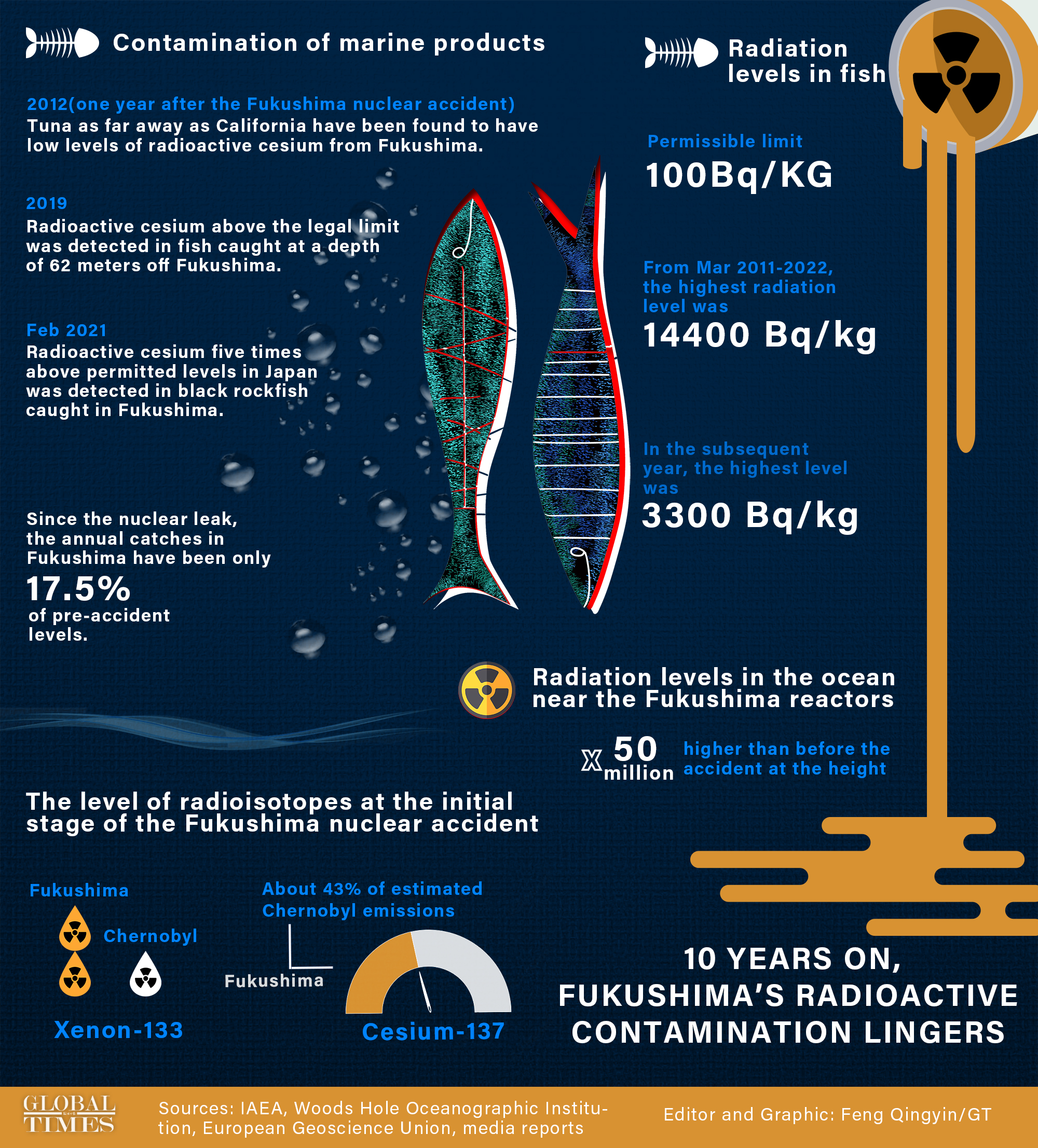
Ten years after the Fukushima nuclear accident, radiation-contaminated fish is still being found off Fukushima, showing the long-term impact of the accident. Japan's decision to dump nuclear wastewater will only add more uncertainties to the recovery of the marine environment.
In 2019, fish contaminated with radioactive substances were also caught in the waters of Fukushima, reports said.
It is a worrying situation that fish with excessive radiation have been repeatedly caught, and this latest decision by the Japanese government has made it even worse for Fukushima fishermen who have been experiencing the bitterness of the Fukushima nuclear disaster in the past decade, Shaun Burnie, senior nuclear specialist at Greenpeace East Asia, an NGO on environmental protection, told the Global Times.
Shang Qi, a former research fellow from the National Institute of Environmental Health with the Chinese Center for Disease Control and Prevention (China CDC), told the Global Times it is a lie to say Japan would dilute hazardous substances by a factor of seven and then discharge them. It is the organic matter that could be naturally degraded in the natural environment, rather than nuclear materials. Dilution makes no sense to total amounts of emissions, Shang said.
When the Global Times reached Fukushima Fisheries Cooperative Association (FCA), it said that the ban of the black scorpionfish is an isolated case. No other marine life from the Fukushima waters is likely to contain radioactive material, because the industry carries out examinations regularly.
Zhu Jianzhen, former vice president of Guangdong Ocean University, believes FCA is driven by industry interests. Openly acknowledging that other marine organisms possibly contain radioactive materials would deal a blow to the entire industry in Fukushima and further deepen consumers' distrust of Fukushima fisheries. "The real situation is often concealed by the interests of stakeholders," Zhu told the Global Times.
In this case, the concept of marine "biomagnifications" was also ignored by the FCA. Shang explained that excess radioactive substances detected among marine life is proof that nuclear-contaminated waters have caused radioactive pollution to the surrounding waters. Those pollutants would stay inside marine life.
Shang added that if marine life in the bottom food chain contains radioactive substances and then is consumed by upper marine life, the radioactive density accumulated in the top food chain could be tens of thousands times higher than that of the discharged nuclear-contaminated water.
The radioactive substances inside the fish are caused by other marine life also containing radioactive substances apart from nuclear-contaminated water. The individual ban on fish cannot guarantee all marine life is safe from radioactive substances, Shang noted.
In addition, the expert said harm to human beings is very hard to predict but the damage was reflected in a case of minamata disease in Japan.
Radioactive substances like a "hidden killer" cannot be detected without equipment as it has no odor. Its damage to marine life and humans would last hundreds of years, Shang noted.
Japan should uphold a scientific attitude, face up to challenges and opposition from the international community and correct its irresponsible decision to dump nuclear-contaminated water into the ocean, instead of confusing the public with pseudoscience, a Chinese Foreign Ministry spokesperson also said Tuesday.
The contaminated water of over 1.23 million tons, is expected to contain many radioactive isotopes such as tritium or carbon 14, strontium-90, iodine 129 or cobalt-16, international environment NGO Greenpeace East Asia told the Global Times.
The water that Japan will dump contains many radionuclides which have the potential to cause damage to human and non-human DNA. Those radionuclides can accumulate in the marine food chain over long periods of time, even more than a thousand years, and could potentially pass back through the food chain to human communities on land, Burnie said.
While the domestic public and organizations are strongly opposed to Japan's decision, Yonhap citing South Korea's foreign minister said Seoul has no reason to object if Japan's Fukushima water dumping follows IAEA standards, which is seen as a compromise South Korea is taking on the issue.
"South Korea expressed firm opposition before John Kerry's visit to Seoul, but that attitude changed after the visit. I'd say the swaying attitude of South Korea came from US coercion," Lü Chao, a fellow at the Liaoning Academy of Social Sciences, told the Global Times on Tuesday.
Sources said that Japan may use vessels to carry tons of radioactive water to the middle of the ocean as a way of dumping. This method would cause major harm to the Korean Peninsula and waters close to China, and less harm to the US, Lü told the Global Times.
Lü believes South Korea, one of the main victims, is able to weigh and balance between US coercion and domestic opposition. Fundamentally altering its position from opposing to acceptance is unlikely.
In a sign that outrage over Japan's decision to dump the contaminated water into the ocean persists among South Korean public, more than thirty South Korean college students shaved their heads in front of the Japanese Embassy in Seoul in protest over Japan's dumping plan on Tuesday, media reported.
Messages on protective sheets draped on their bodies said, "Japan, drink the nuclear-contaminated water yourself!" The Japanese government should immediately withdraw the plan to dump the contaminated water," another reads.
![]() Don't forget to feed the birds. Donate here
Don't forget to feed the birds. Donate here





